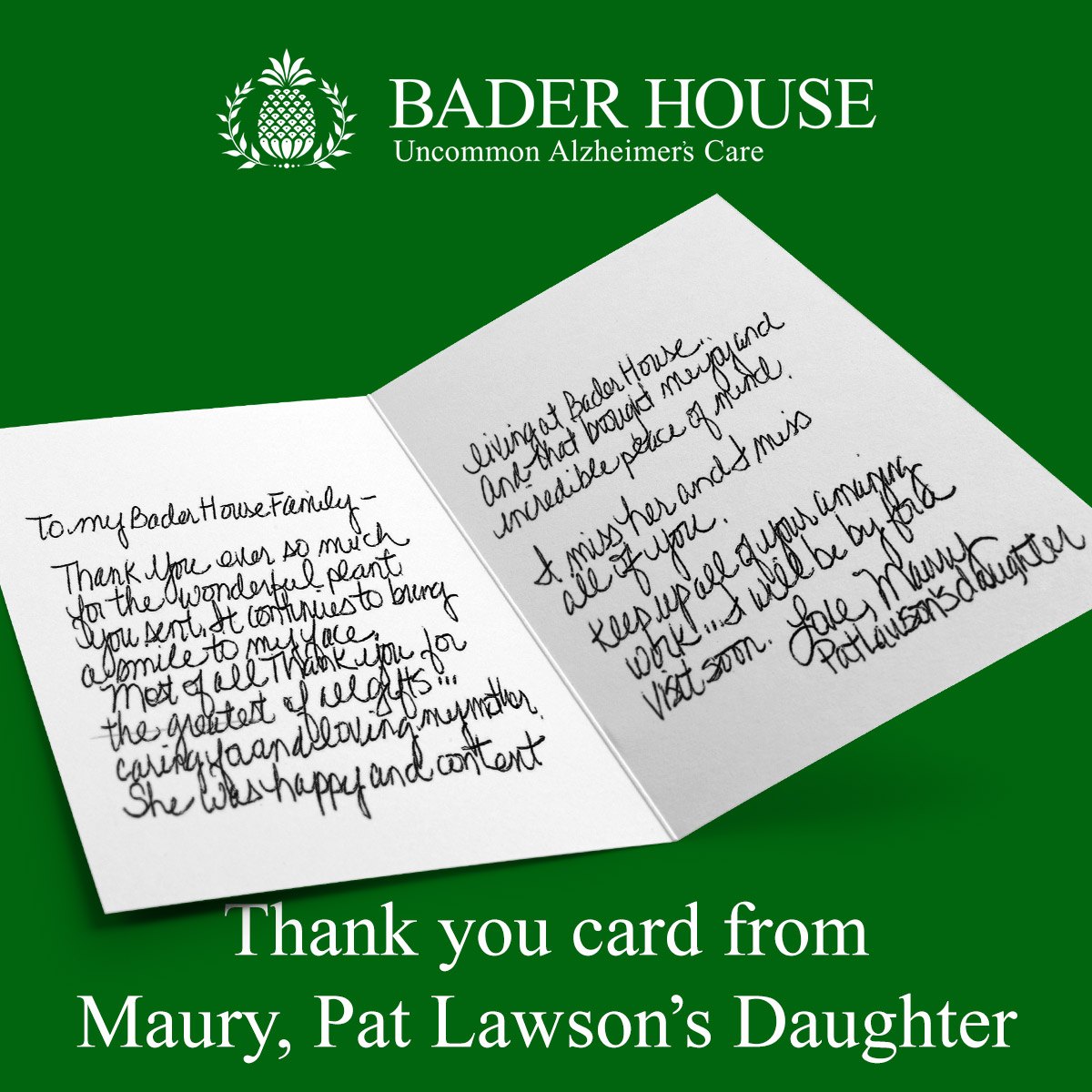How to Manage Family Conflicts as a Dementia Caregiver

The “Family Disease”
Dementia is known as the “family disease.” If someone you love is living with dementia, this won’t surprise you. The disease affects everyone involved, not just the person living with it.
You’ve maybe noticed that your family tensions heightened when your family member was diagnosed with dementia or Alzheimer’s. What used to be minor conflicts, now turn into blowout fights, and getting your family on the same page feels impossible. One family member is trying to make all of the decisions. Another has completely withdrawn. Family calls and meetings turn into contentious debates. Simply saying the word dementia causes everyone’s defense to go up and opinions to come out.
If you’ve experienced this, you are not alone. Caregiving for someone with dementia is difficult. It’s difficult to do alone and it’s difficult when the entire family is involved. Fortunately, there are ways and resources to help you manage the conflict in your family during the dementia journey.

Why does dementia cause so much conflict in families?
First, understanding why your loved one’s illness is causing so much conflict in your family is key. Several unique aspects of disease make it particularly difficult for families to deal with.
1. Caregiver stress
Caregiver stress plays a large role in the conflicts that arise from dementia, and caregiving for someone with dementia is especially difficult compared to other types of caregiving.
Consider the following stats from the Alzheimer’s Association’s 2023 Alzheimer’s Facts and Figures Report:
With the stress caregivers feel, it’s no wonder you and your family members are snapping at each or having difficulty getting on the same page.
2. Ambiguous loss
With a dementia diagnosis comes a number of decisions that need to be made. What course of care should your loved one take? Which doctor should he see? Who will the power of attorney be? In the later stages, will he receive care at home or at a memory care facility?
If these directives weren’t made ahead of time, they have to be discussed now. It’s hard to get everyone on the same page, and disagreements about what’s best for your loved one are inevitable. Throwing money into the mix as well as family members being scattered across the country, and making these decisions gets even more difficult.
3. A landslide of decisions
“Music enhances and enriches quality of care for those with dementia,” Meadows explains.
A caregiver can learn a lot about someone through what Meadows calls “their musical personality.” Caregivers can then tailor that person’s daily care accordingly, playing songs he likes, songs that calm him, and songs that make him feel happy.
While amnesia is caused by a specific event—head trauma, for example—dementia is not caused by a sudden onset event. It is a progressive disease that worsens over time. While head injury can make someone more susceptible to developing dementia in the future, the actual cause of dementia is more complicated.
How can you deal with family conflict caused by dementia?
1. Focus on your loved one’s best interest
The No. 1 recommendation for how to deal with family conflict caused by dementia is to keep your loved one’s best interest at the center of every decision and conversation. Of course this is easiest to do if your loved one has directives in place.
Before the disease progresses, and ideally even before diagnosis, make sure your loved one has made her wishes clear for how she wants her health, mental health and financial affairs handled when she is no longer able to make those decisions. The more that’s on paper before the disease progresses, the more you and your family can have clarity on what your loved one wants. This will leave as few question marks as possible for you to sort out or argue over.
2. Educate the entire family
Make sure every family member involved understands what dementia or Alzheimer’s is, how it will affect your loved one and what caregiving can or should look like.
A number of resources are available online to help families understand what will be needed during this time and what to expect. For example, dementia care organization Positive Approach to Care offers online courses for families that equip them to care for their loved one such as their Champion Courses and Care Partner Support Series. They also offer phone consultations at an affordable rate. We also provide resources to help you in our Blog and new podcast. We are also developing a masterclass around dementia as well.
3 Communicate
Communication among family members is crucial. State from the beginning what you can and cannot do in the caregiving journey and be consistent with your boundaries. If everyone knows what to expect from everyone else, there will be far less disappointment, misunderstanding and judgment.
4. Get support
Caregiving is challenging and hard. As the statistics show above, it is a strain mentally and physically. Making sure you’re getting the care you need is crucial. Whether that’s through therapy, group support, days or weeks off to recharge, or a fitness and health routine that keeps you healthy, you are responsible for knowing what you need and asking for it.
You can find resources for support groups in your area on the Alzheimer’s Association’s website here. You can also find an online community here.
It is normal and natural for families to experience conflict as they navigate the dementia journey. This journey is not an easy one for a number of reasons. Caregiving is difficult, getting everyone on the same page is even more difficult. Effective communication, putting preemptive measures in place and keeping your loved one’s best interest at heart will go a long way in helping you manage family conflict as you care for the one you love.





